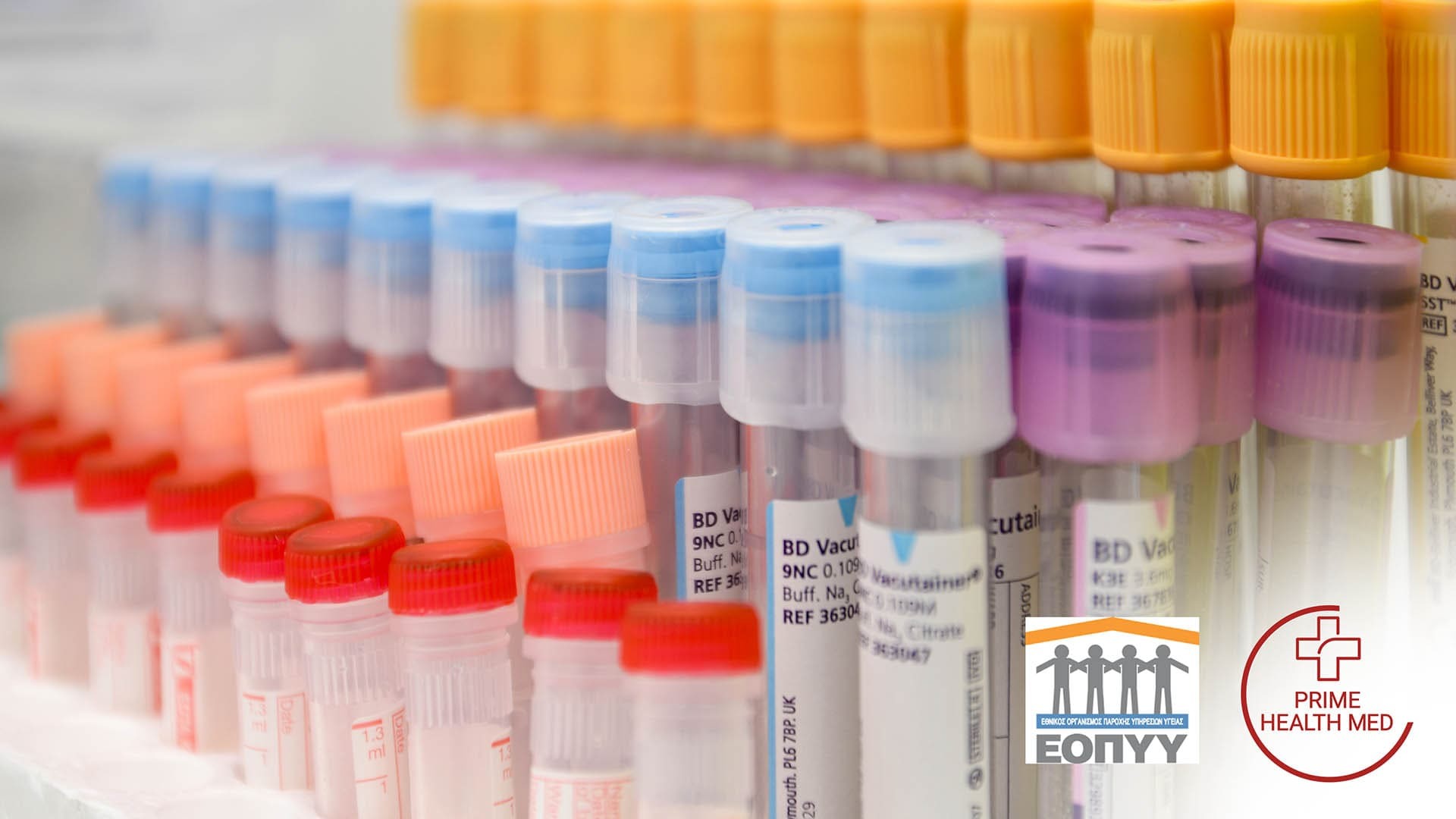
What are microbiological tests and what are their uses?
Microbiological tests are one of the most important mechanisms for monitoring our health, as they allow the detection and study of microorganisms that may affect our body.
They focus on the collection of samples to detect microbes in the blood, as well as the study of their different properties, such as their sensitivity to drugs or their ability to cause infections. In addition, microbiological tests have important clinical applications, as they help in accurate diagnosis and in the development of effective strategies to fight infections.
Basic microbiological tests are divided into two categories: complete blood count and biochemical tests. A complete blood count includes information on haematocrit, haemoglobin and markers related to morphological changes and lesions. It provides an overall picture of the state of the immune system and the ability of the blood to carry oxygen.
On the other hand, biochemical tests involve the detection of organic and inorganic substances, using biochemical methods for their determination. The purpose of these measurements is to diagnose diseases. They are simple and common tests that help to evaluate organ function and detect disorders. The most common are tests for sugar, cholesterol, urea, creatinine, ferritin, etc.
Microbiological tests are an integral part of the prevention and diagnosis of various diseases, providing important information about the health of our body. Through them, we can detect microbial infections, monitor the condition of organs and diagnose potential health risks. Early diagnosis and rapid intervention are crucial for effective treatment and prevention of serious conditions. For this reason, regular monitoring through microbiological testing is essential to maintain good health. The microbiology laboratory in Hersonissos is fully equipped and technologically advanced, making the entire process quick and easy. In addition, our laboratory is contracted with EOPYY, ensuring the quality and reliability of our tests.
 El. Venizelou 220, Limenas Hersonissos 700 14
El. Venizelou 220, Limenas Hersonissos 700 14 (+30) 2897 302 900
(+30) 2897 302 900 info@primehealthmed.gr
info@primehealthmed.gr